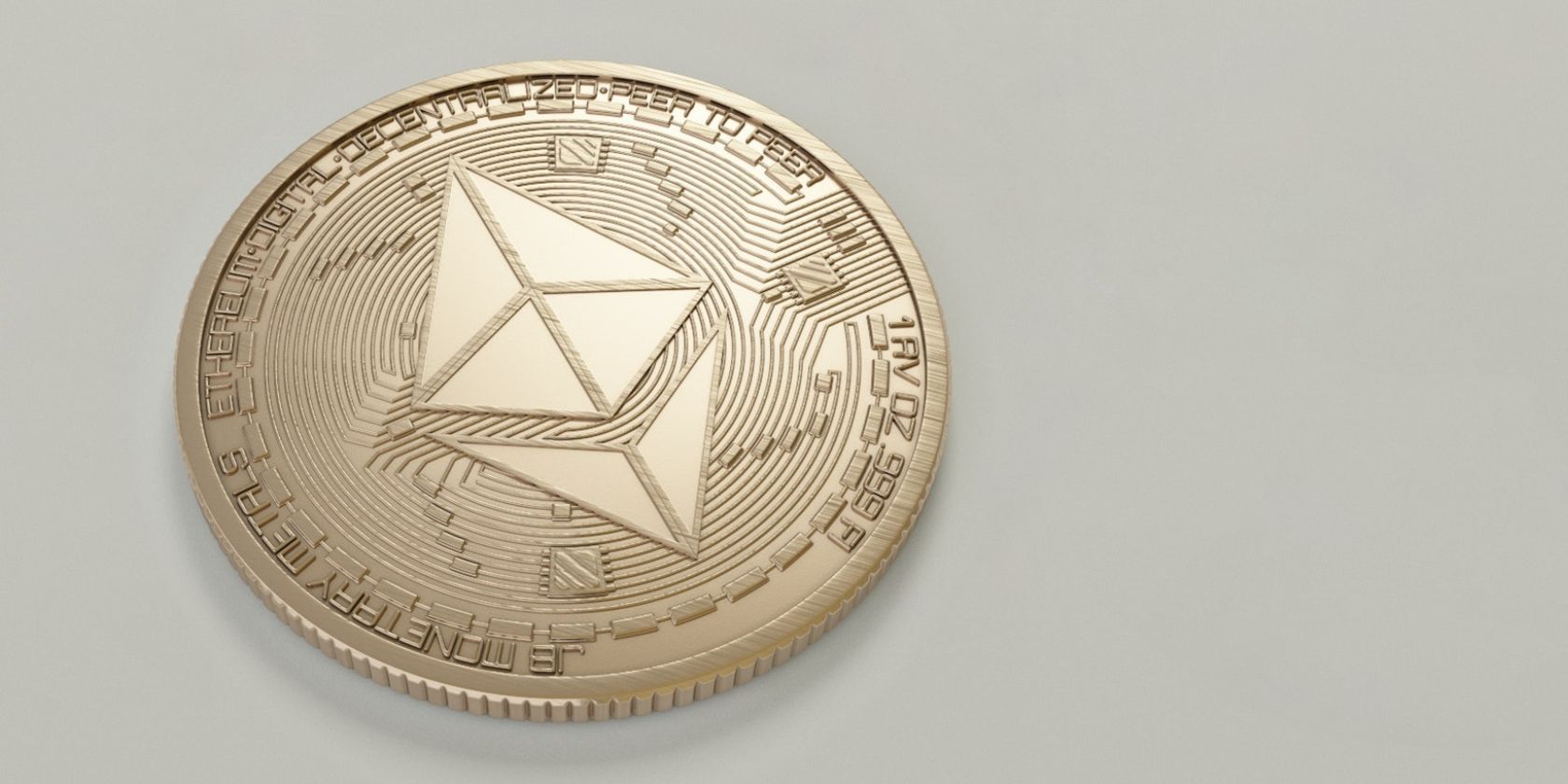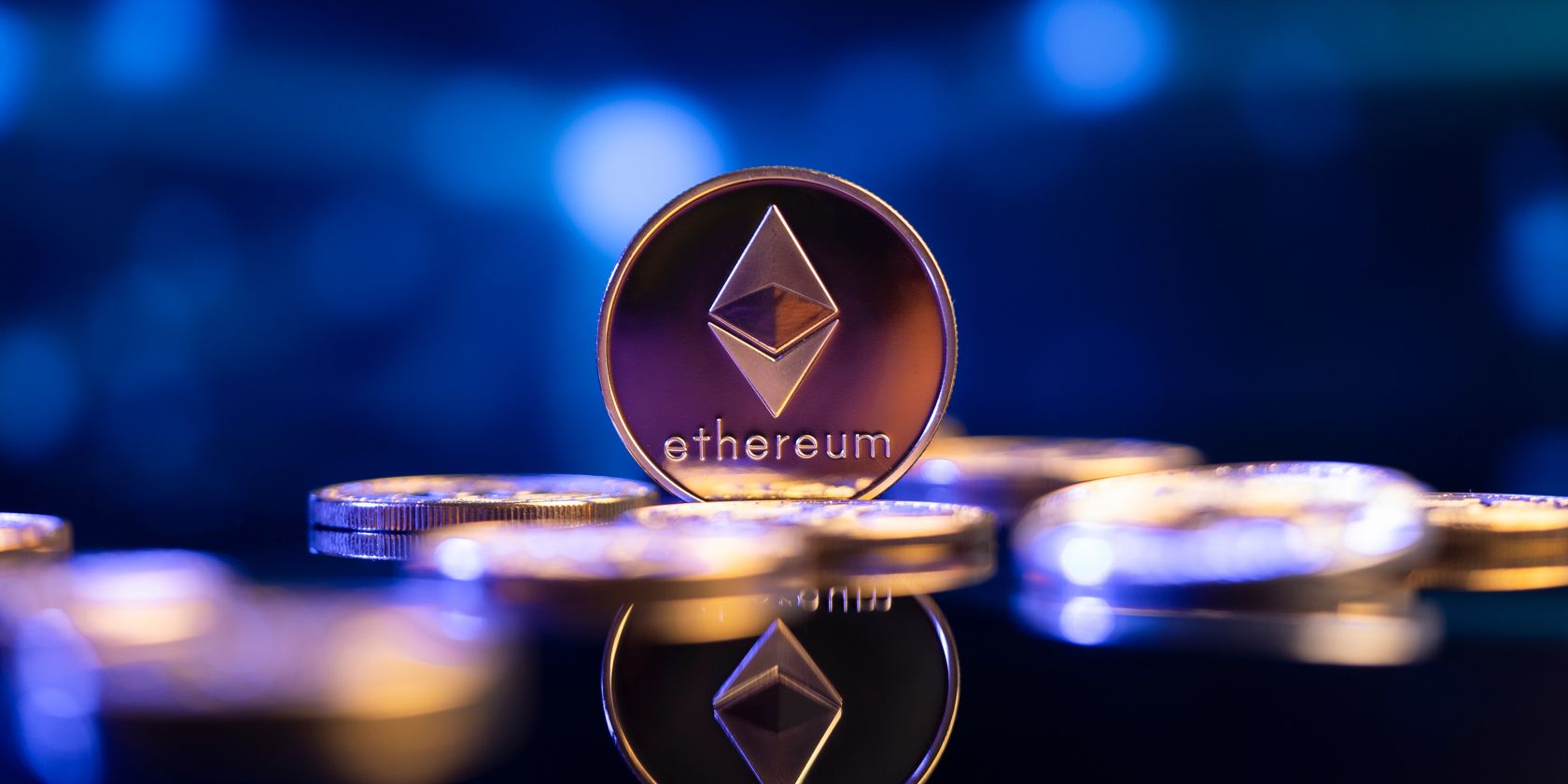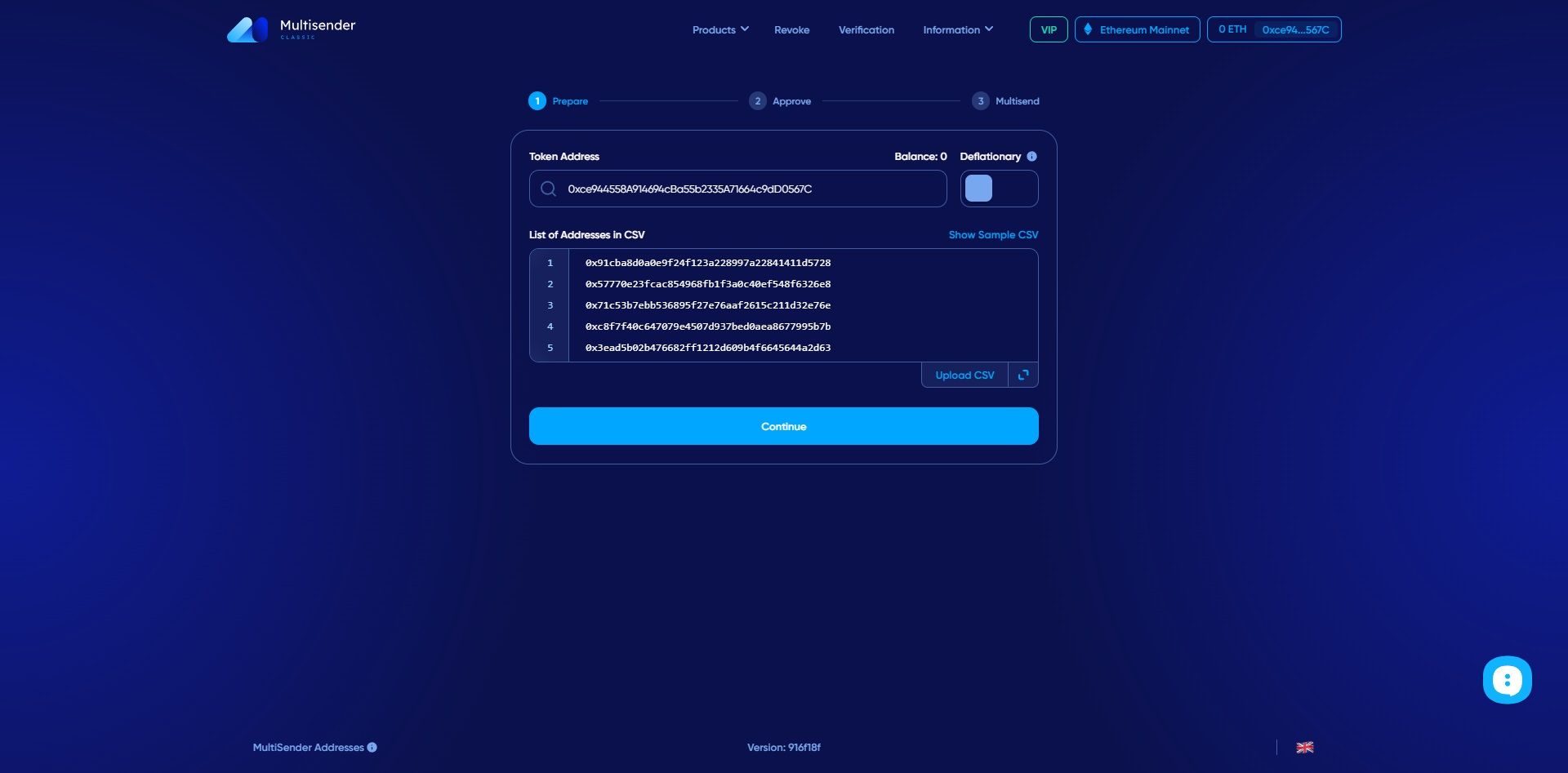If you use the Ethereum blockchain, you're probably aware of how frustrating gas fees can be. Gas is required to power the Ethereum network but comes at a cost to each user. Unfortunately, this cost can sometimes be very high. So, Ethereum now allows users to possibly reduce their gas fees through something called a batch transaction. So, what is Ethereum batching, and how can you get started with it?
What Is Ethereum Batching?
The idea of batch transactions on the Ethereum blockchain has been around for years, with many users pushing its adoption to lower their overall gas fees.
Ethereum gas fees vary depending on how busy the network is at any given time. This is why Ethereum gas fee calculators exist, allowing you to view an Ethereum transaction's current price. Sometimes, gas prices will be relatively low, but they can also soar to incredibly high and somewhat unreasonable figures.
However, regardless of the state of the network, batch transactions should theoretically save you money if you want to conduct multiple transfers. But how can batch transactions help to lower fees?
We'll use a simple analogy to explain how Ethereum batch transactions work. Let's say you wanted to drive ten people to a nearby bar. With a standard car, you'd have to take multiple trips, increasing your gas usage and time spent. On the other hand, if you have a minibus, you can take everyone to the bar at once, which can be much more convenient and less costly.
You can use this idea to understand batch transactions on a basic level. If you're conducting fifty Ethereum transactions individually, each will incur a transaction cost. If each transaction has a fee of, say, $1, you'll have to fork out $50 overall (note that Ethereum gas fees can rise to ten or twenty times higher than this). However, if you include all the transfers within a single transaction, your overall fee will be dramatically lower.
In early 2021, a new Ethereum Improvement Protocol (EIP) proposal was adopted by the Ethereum blockchain known as EIP-3074 that was set to be implemented in July of the same year.
The proposal was put forward in October 2020 and gained substantial backing. While this proposal wasn't solely designed to lower gas fees through batch transactions, it did open the door to users who wanted to achieve this perk. Ethereum stated that EIP-3074 came as a result of users making requests for "implementing batching capabilities, allowing for gas sponsoring, expirations, scripting, and beyond."
EIP-3074 incorporates the AUTH and AUTHCALL EVM instructions to allow a smart contract to authorize an Externally Owned Account and then conduct transactions from that account.
This new EIP offered anyone the chance to reduce their fees by around 20% via batches on the Ethereum blockchain. Other blockchains also offer batch transactions, such as Bitcoin, Ethereum sidechain Polygon, and Optimism.
You should note that batching your transactions doesn't necessarily make them faster. While this is technically possible, you may still have to wait just as long as you would if you processed each transaction individually. The focus here is on reducing fees, not waiting times.
There's a process that comes with transaction batching that you'll need to follow to carry it out successfully. So, let's get into how you can batch your Ethereum transactions.
How to Batch Ethereum Transactions
To batch your Ethereum transactions manually, you'll need to have some understanding of executing code. You'll need to make a batch request to conduct a batch transaction. There are example batch requests that you can check out to understand what yours will need to look like, which you can find on the Ethereum Stack exchange. You can also check out Blocto's Ethereum batch explainer relating to Ethereum batch coding.
However, it's important to note that any code provided by users stands the chance of being malicious (or, it might just not work, and you'll lose your Ethereum—which we want no part of!). We do not have the means to test the code, so you will be using it at your own risk if you decide to try it out. Be careful when finding a code template for your batch transactions.
Ethereum Batch Transaction DApps
There are also services you can use to simplify the process of batching your Ethereum transactions if you're not comfortable coding. One such service, MultiSender, lets you perform batch transactions using the wallet addresses you provide.
Using MultiSender, you can conduct batch transactions via MetaMask. You'll need to provide MultiSender with a list of destination wallet addresses in CSV format. This site uses something known as a self-generated key, a kind of throwaway key that receives your funds and sends them to the destination addresses after you've confirmed the batch.
The cost of using this service depends on the specific ERC-20 token you want to send in batch, but MultiSender also provides a tool you can use to estimate the fee you'll incur. Each batch can hold an unlimited number of addresses. Each batch transaction typically takes three to five minutes, but this can change depending on the state of the network at the time.
To use MultiSender, you need to connect your outgoing wallet. MultiSender is known to support MetaMask, but it also supports all wallets supported by the WalletConnect protocol.
Alternatively, you could also consider BulkSender, a similar batch transaction DApp that simplifies the batching process. This DApp supports batches made in Ethereum, Solana, Avalanche, Tron, and various other cryptocurrencies. Again, you can upload your destination addresses in Excel, CSV, or TXT format, but if it's NFTs (ERC-721 or ERC-1155 tokens) that you want to send in batch, you'll need to enter the wallet addresses manually.
You must connect your wallet to use BulkSender, and the fee you'll incur will depend on the type of crypto you're sending in batch. You can also adjust the network speed of your batch transaction, but this will likely affect your fee.
Batching Your Ethereum Transactions Could Save You Money
By conducting batch transactions, your Ethereum gas fees can be significantly lowered. Though this process is still a little tentative, you can leverage it to your advantage and avoid losing big chunks of your Ether to frustrating gas fees.



.jpg)
